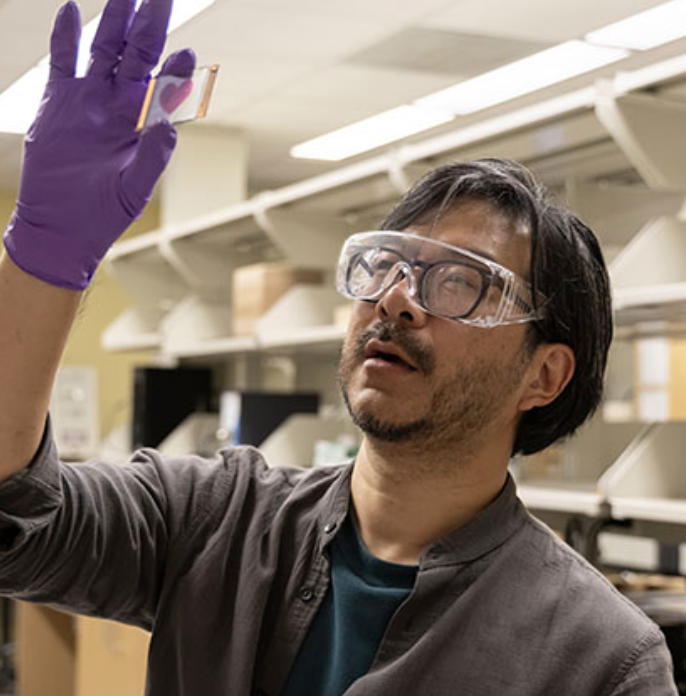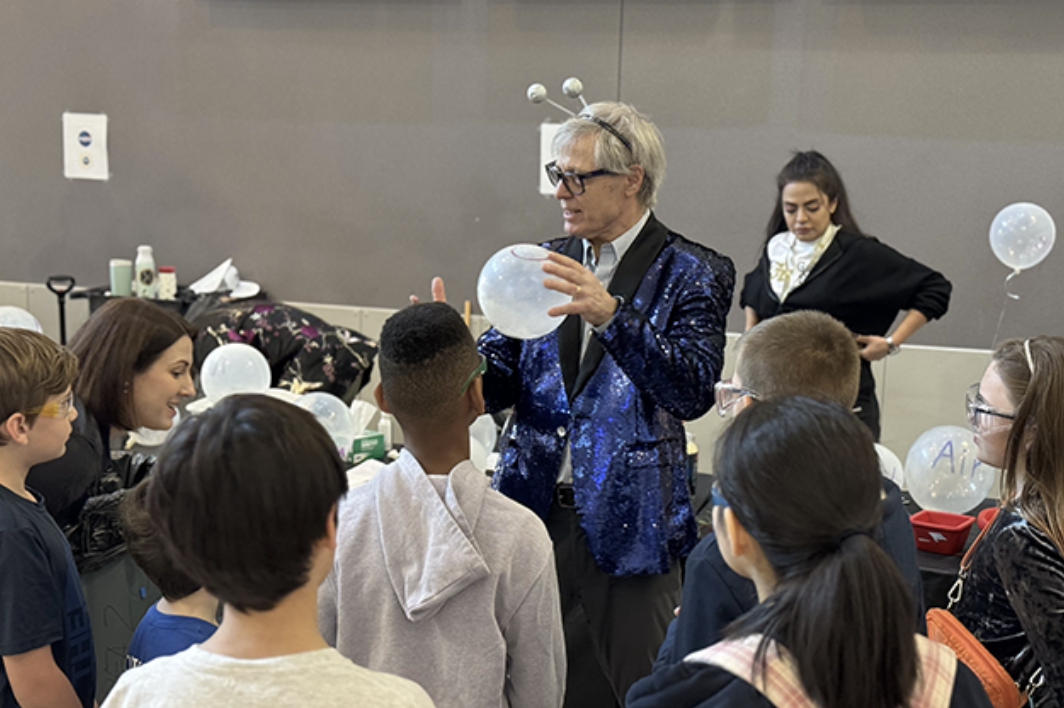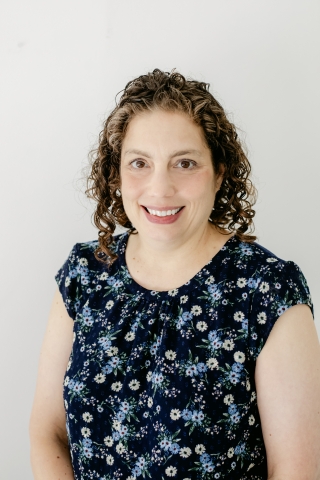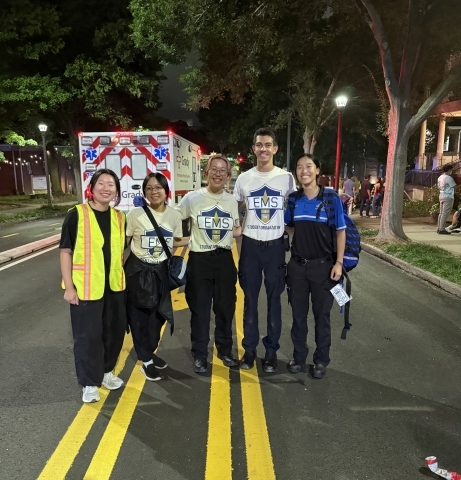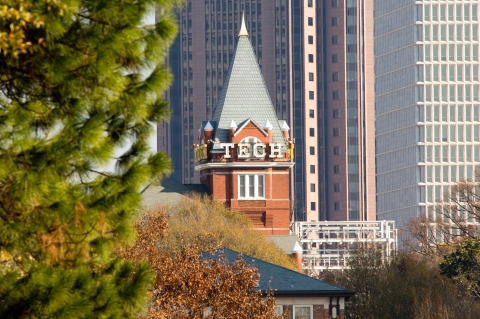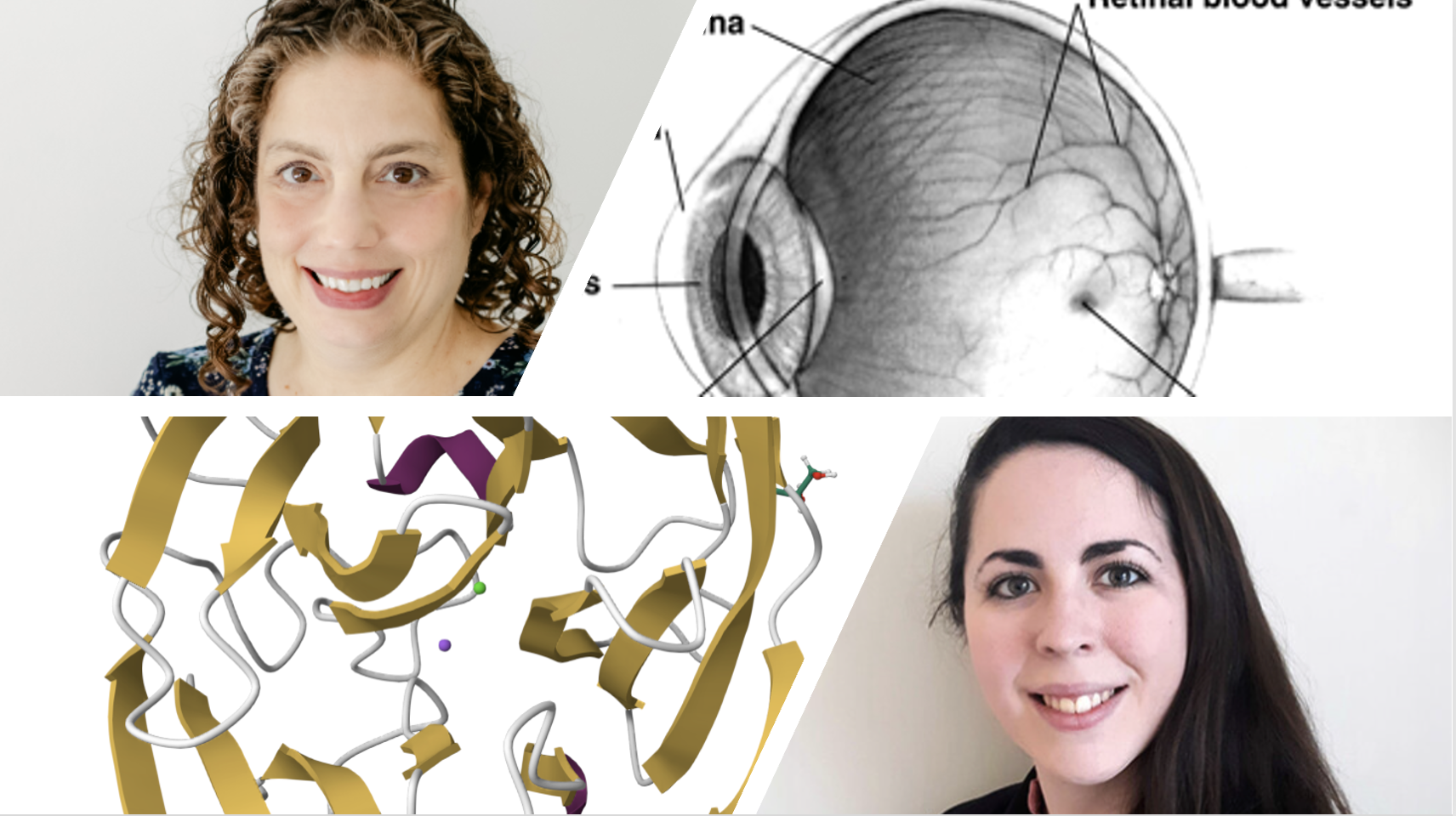
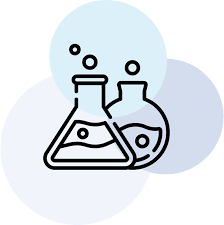 | Research from the School of Chemistry and Biochemistry: January 2026Browse abstracts and journal articles published by Chemistry and Biochemistry faculty in January 2026. |
News
Events
Experts in the news
Jennifer Glass, professor in the School of Earth and Atmospheric Sciences, was recently quoted in an article published in Scientific American that discusses the evolution of Wikipedia:
As Wikipedia’s use grew, some educators softened their stance, encouraging its use to find leads to sources that students could dig into directly. Others took a different approach, assigning students to edit Wikipedia entries—many through Wiki Education.
Jennifer Glass, a biogeochemist at Georgia Institute of Technology, is one of those professors; she has incorporated Wikipedia editing into her teaching since 2018. She wanted a student project that emphasized the concise and technical but understandable writing style that the site uses. And although she hadn’t done much editing for Wikipedia herself, she was impressed by the website’s breadth of content.
Each semester, her students write one article from scratch about a topic they research, from dolomitization to the tropopause. Glass says the project teaches them the value of institutional access to published literature and the skill of fact-checking their writing line by line.
Scientific AmericanGreen iguanas (Iguana iguana) are not native to the U.S. but were brought to Florida in the 1960s, where they have, for the most part, flourished—except, that is, when temperatures have dropped below 50 degrees F (10 degrees C).
These chilly conditions can cause a cold shock in the lizards. And because the iguanas tend to sleep in trees, getting cold shocked can sometimes cause the animals to fall from the skies in an infamous Florida phenomenon.
“These tropical lizards were experiencing conditions that they’ve never experienced in their entire evolutionary history before, tens of millions of years,” says James Stroud, an evolutionary biologist at the Georgia Institute of Technology.
But in Florida, colder conditions occur every few years—albeit less often as temperatures rise because of climate change. The experience of the iguanas that have been forced to confront the cold in the state can teach scientists more about how animals respond to new climates more generally, Stroud says.
Scientific AmericanFor their leadership across various industries and positive contributions to their communities, 12 Georgia Tech alumni are among Georgia Trend’s 100 Most Influential Georgians for 2026. The list includes two College of Sciences alumni, Georgia Tech President Ángel Cabrera (M.S. PSY 1993, Ph.D. PSY 1995) and President and Dean of Morehouse School of Medicine Valerie Montgomery Rice (CHEM 1983).
Georgia Tech News Center